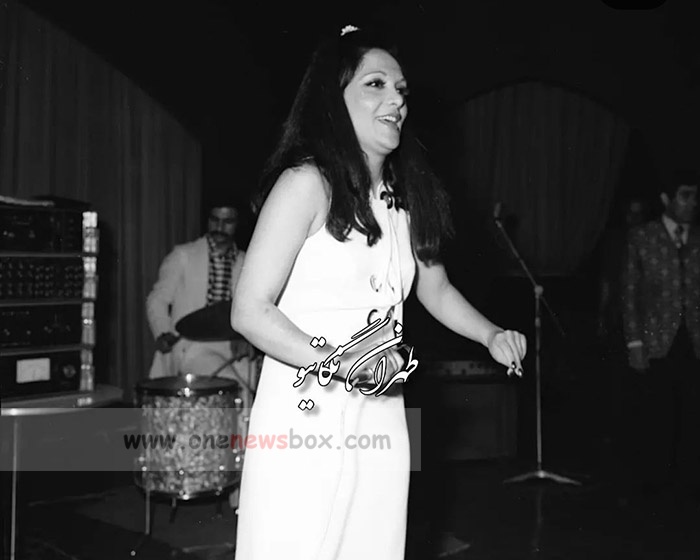After the revolution, Giti and her husband left Iran, but her time in America was marked by hardship, including the theft of her green card and a large sum of money. Despite these difficulties, she returned to Iran, displaying remarkable resilience.In 1989, Giti expanded her musical horizons by studying church music and religious songs at the Hochschule für Musik und Theater Hamburg in Germany. This period enriched her compositional style, blending Western musical traditions with her Persian roots.Giti’s post-revolutionary career saw her emerge as a prominent film composer. Her notable works include scores for films such as “Tighe va Abrisham” (1986), “Serb” (1988), and “Grohban” (1991), all directed by her husband. These compositions were instrumental in defining the musical landscape of Iranian cinema during that era.Giti Pashaei Tehrani’s life was tragically cut short by breast cancer. She passed away on May 17, 1995, at the age of 54, in Tehran. She was laid to rest in plot 103, row 142, number 31, at Behesht Zahra Cemetery in Tehran.
Giti’s singing at a wedding ceremony
[custom_adv]

